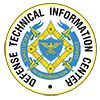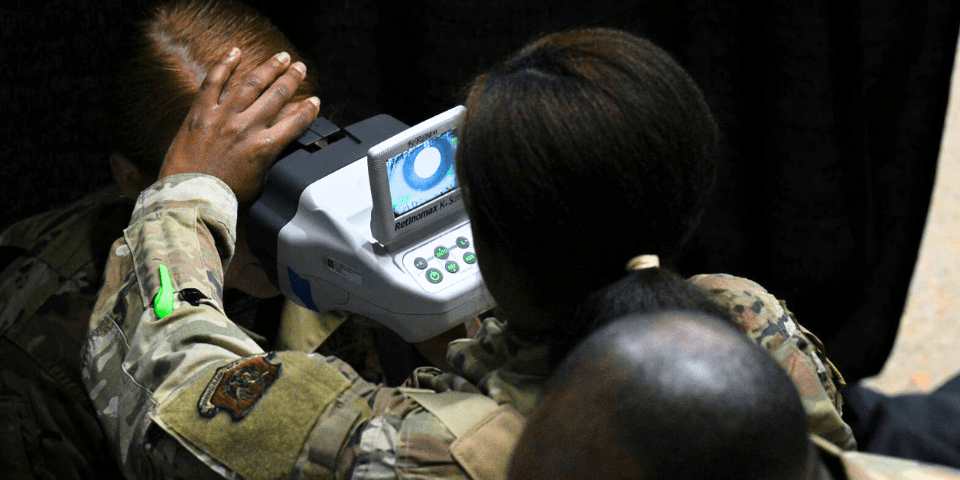High rates of traumatic brain injury (TBI) are sustained by U.S. military personnel in combat and garrison environments. Changes in brain function related to TBI can negatively impact military readiness and quality of life. Clinical assessment of neurocognitive and oculomotor function (i.e., eye movements) can provide valuable insights regarding potential effects of injury, predict military/operational performance, and assist in return-to-duty decision-making during recovery from TBI.
This webinar will provide an overview of methods for clinical evaluation of TBI, including capability gaps in current assessment tools, potential advantages of sensor-based methods, and ongoing research conducted by the Defense Health Agency TBI Center of Excellence at the Naval Medical Center San Diego and Naval Health Research Center to develop and evaluate novel approaches for assessing cognitive and oculomotor performance. Relationships between cognitive and oculomotor measures and performance on simulated military/operational tasks will also be discussed.
This webinar will cover the following topics:
- Overview of TBI Within the U.S. Department of Defense (DoD)
- Typical Recovery From TBI
- Clinical Assessment of Mild TBI
- Eye Movements and Visual Attention
- Eye Tracking Results From the DoD Fusion System
- Evaluating Eye Movements in Virtual Reality Environments
- Clinical Translation of Research Findings


